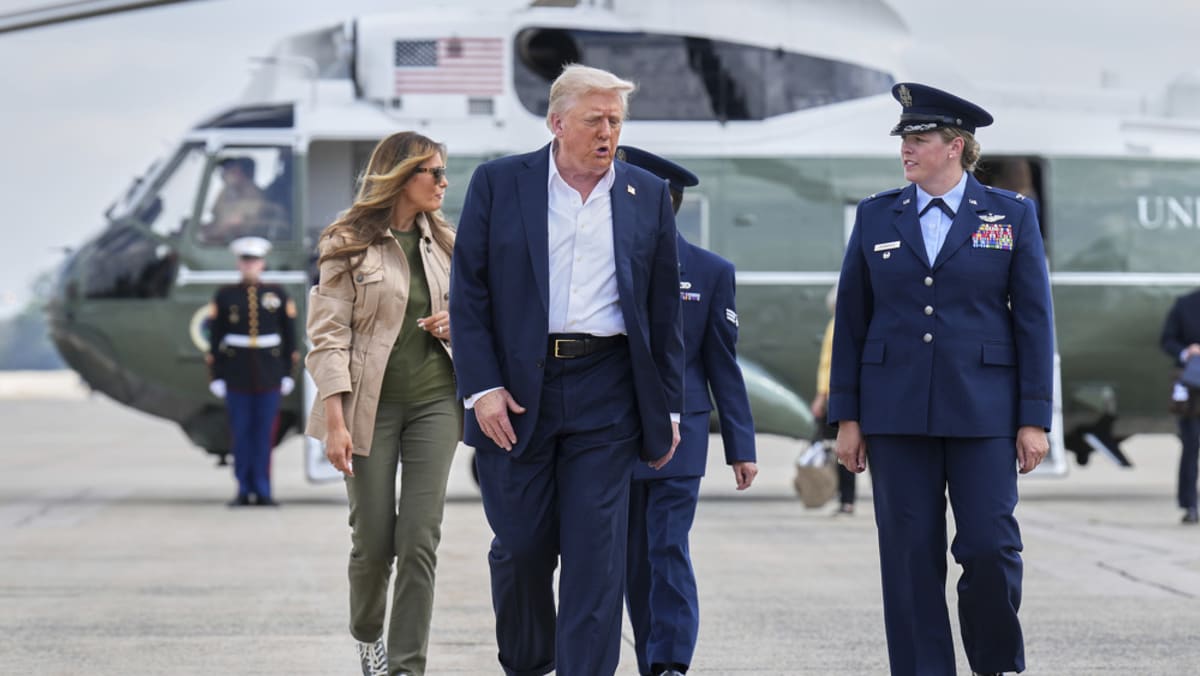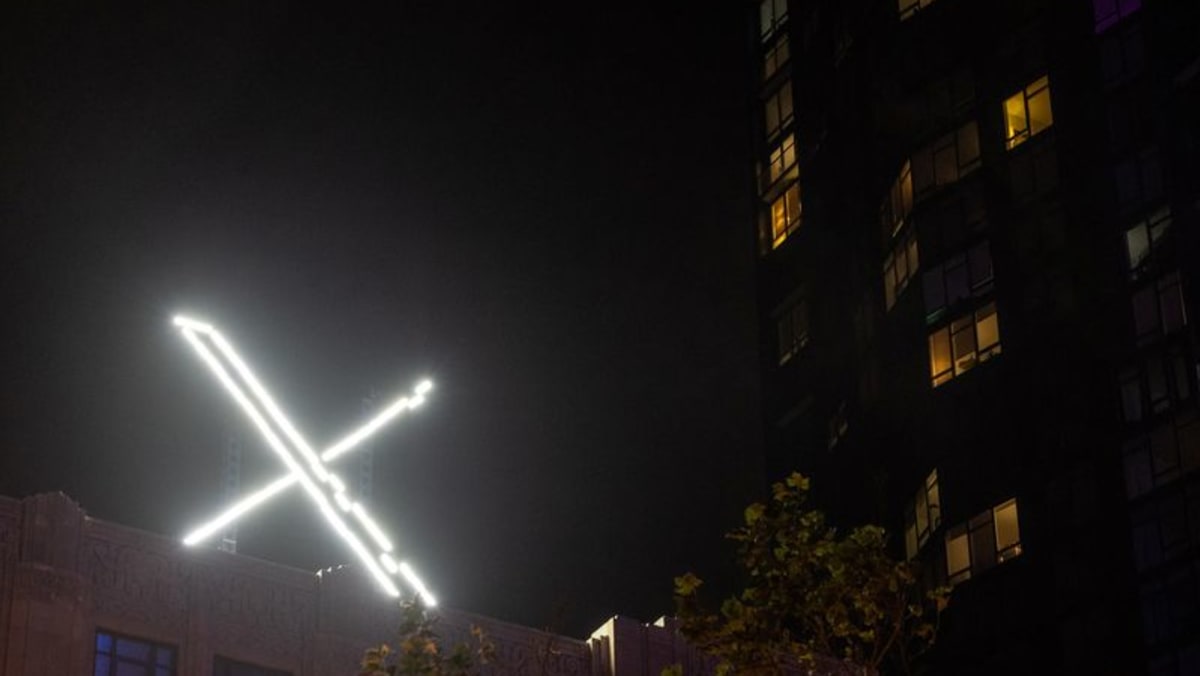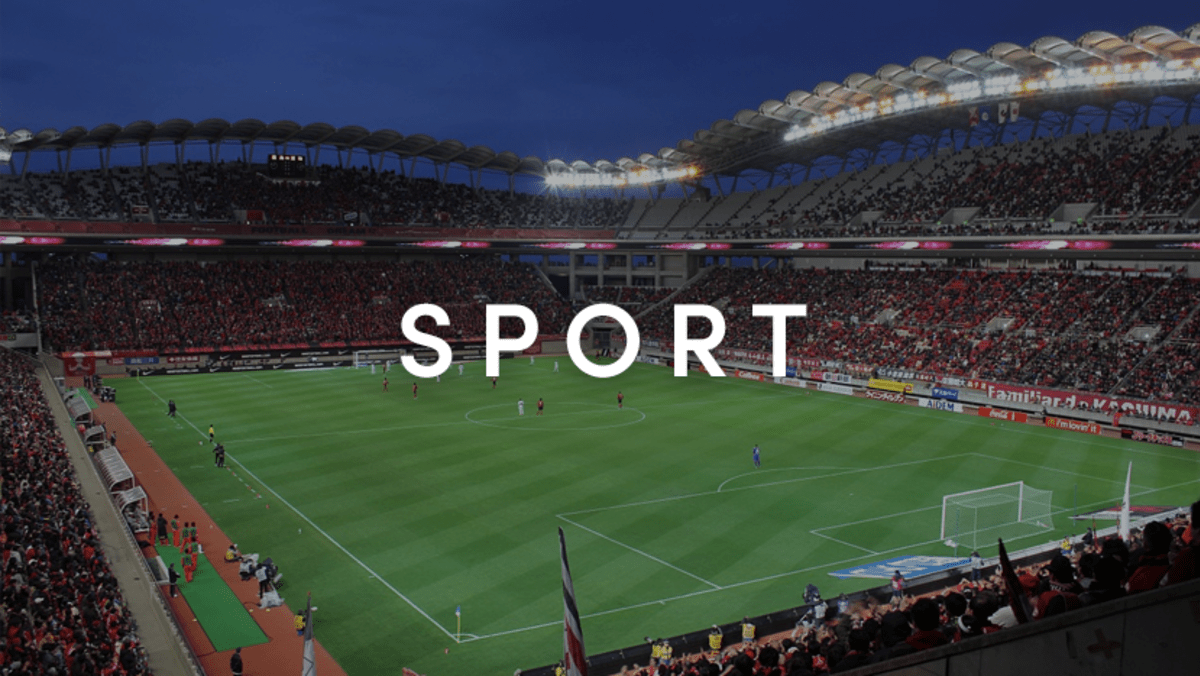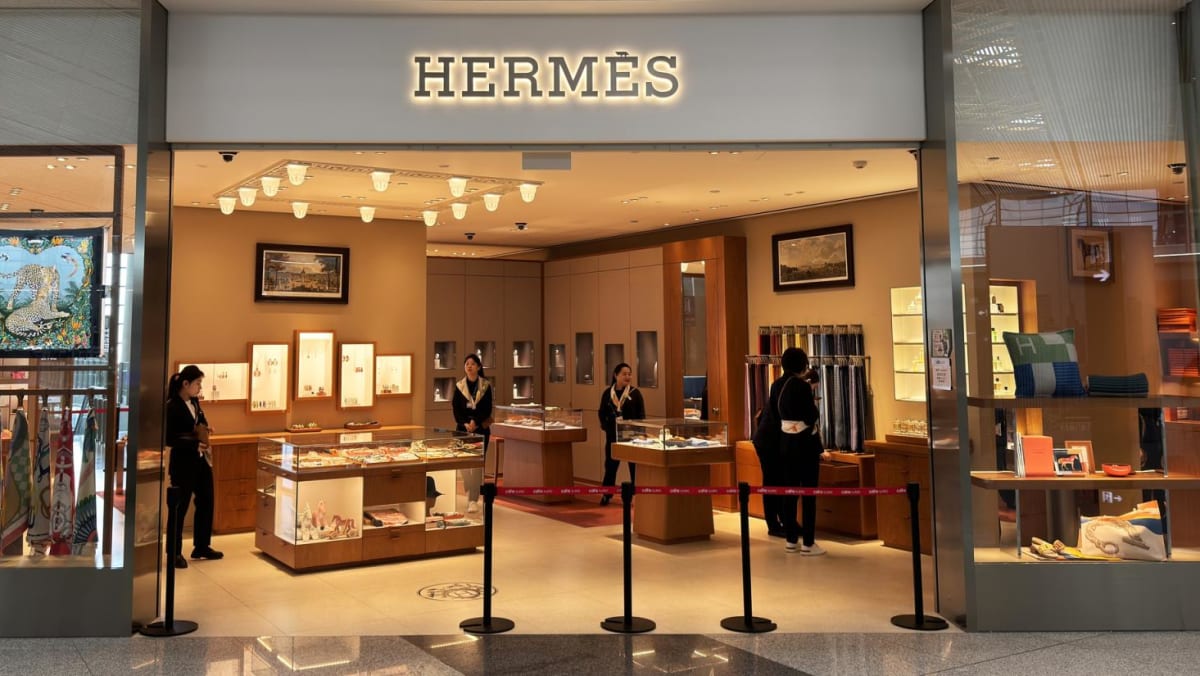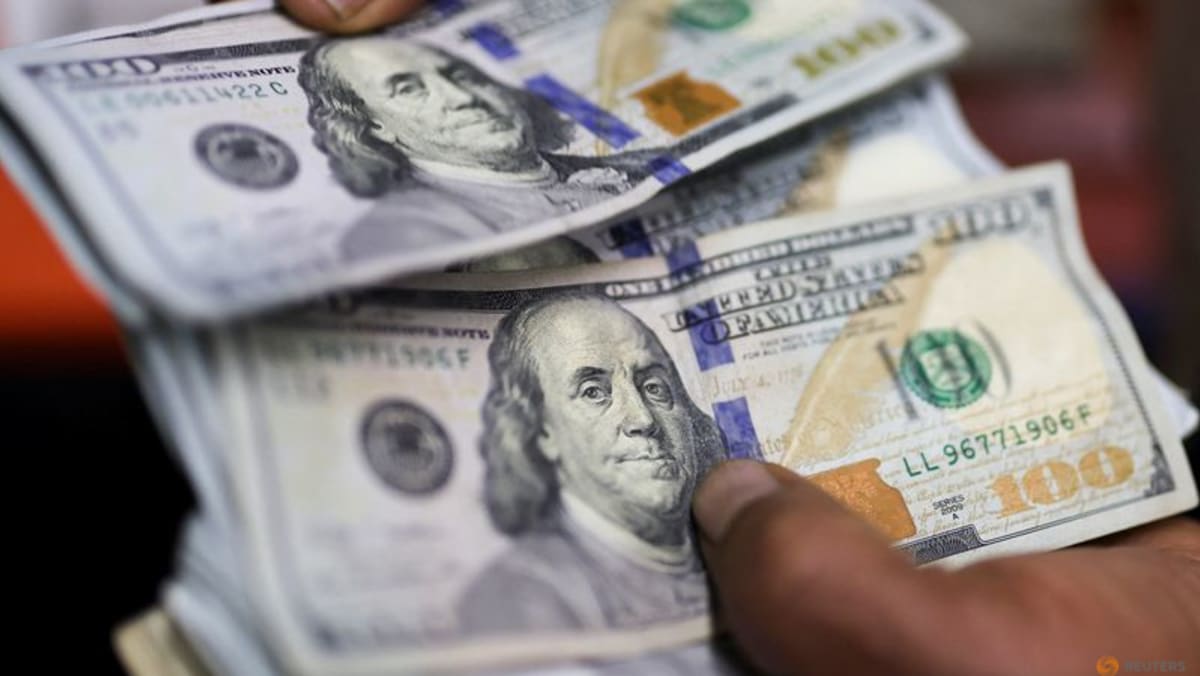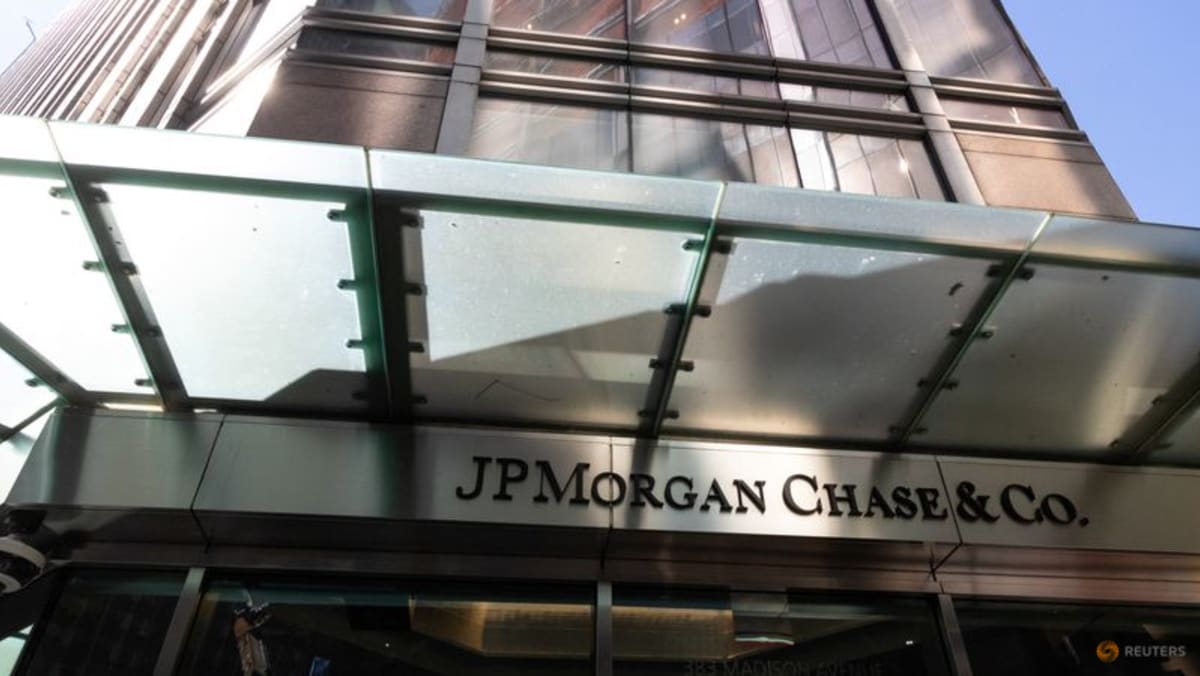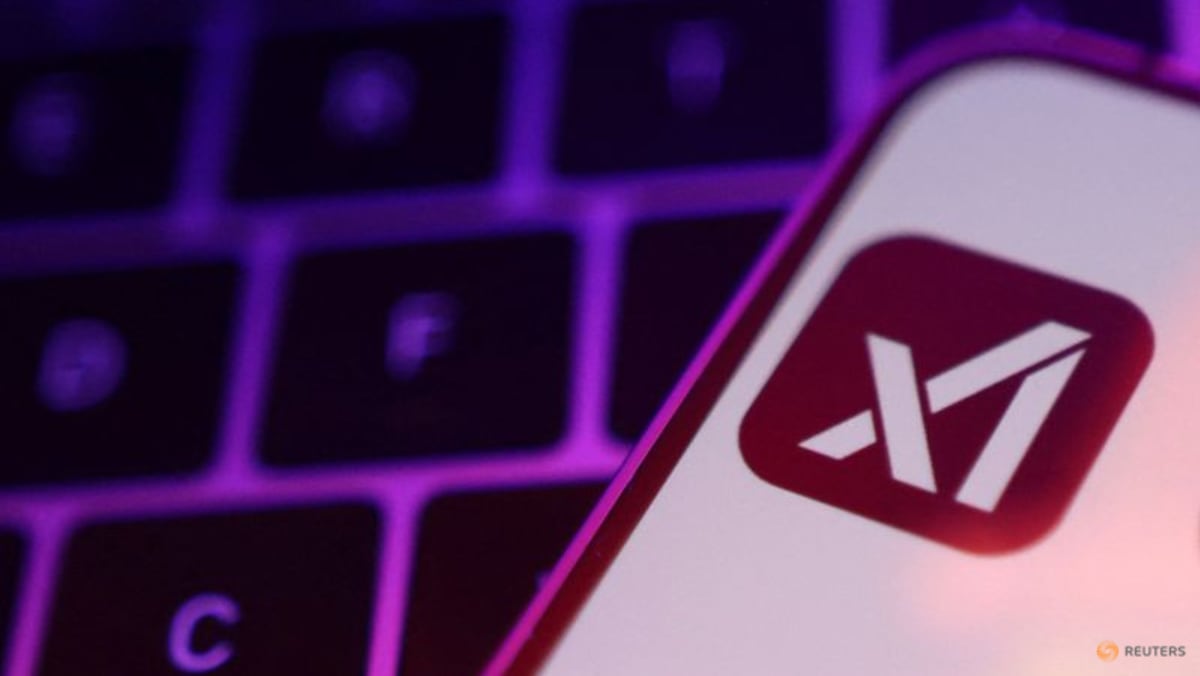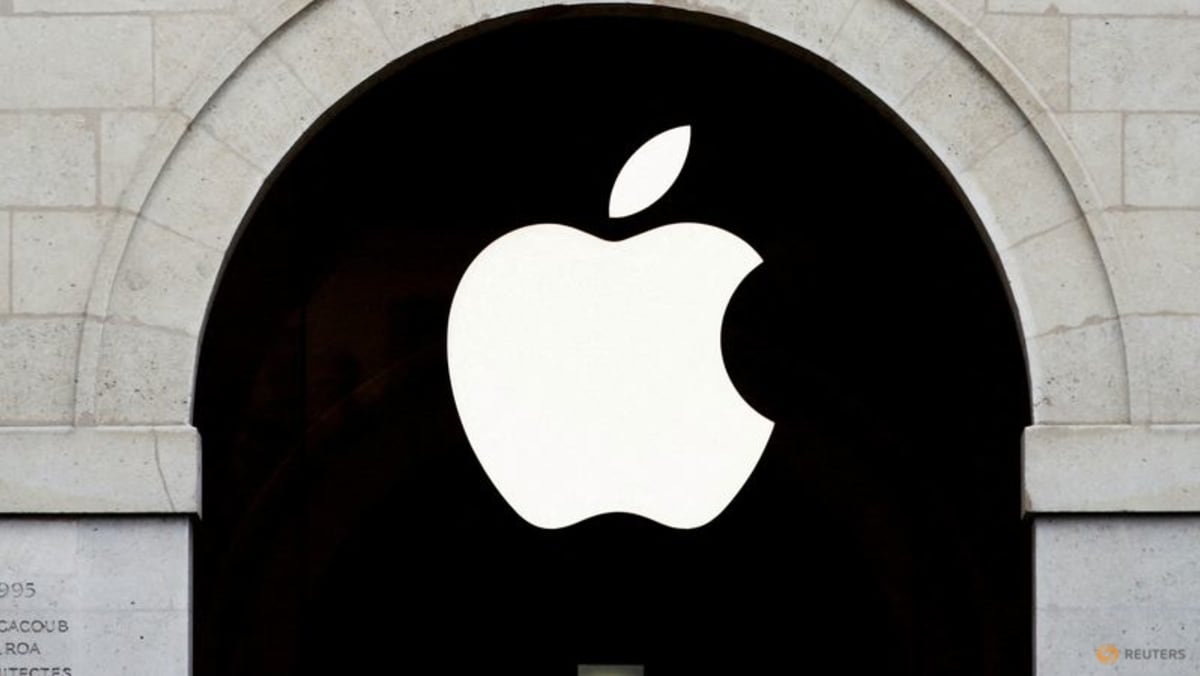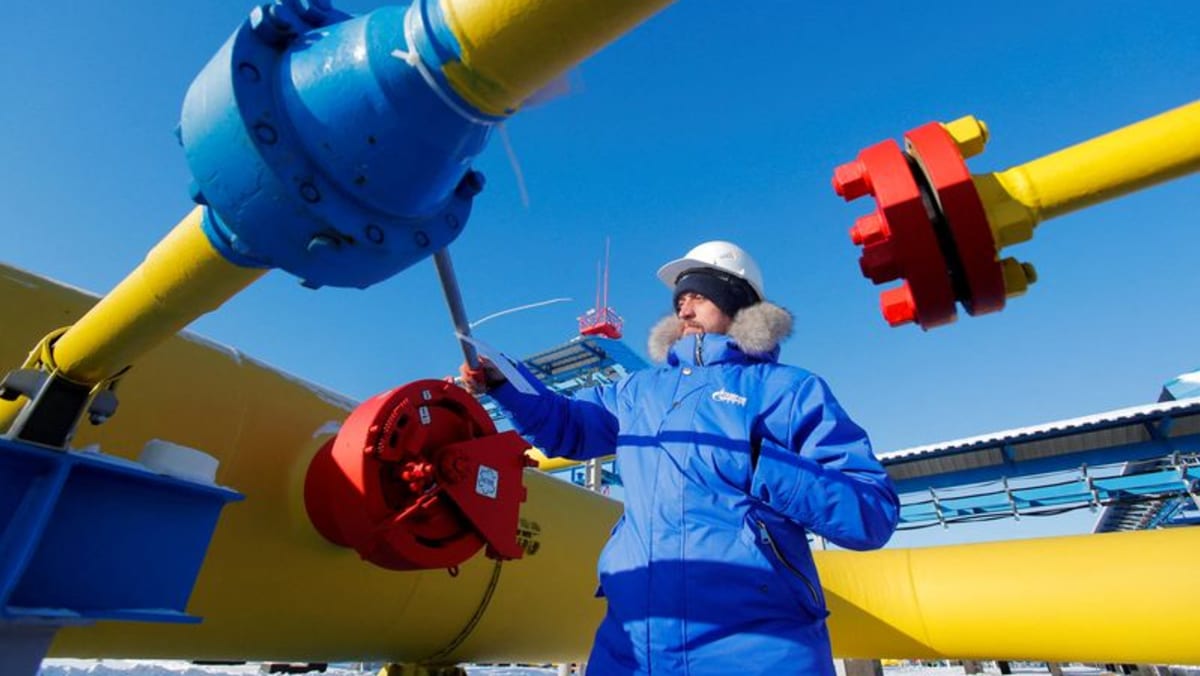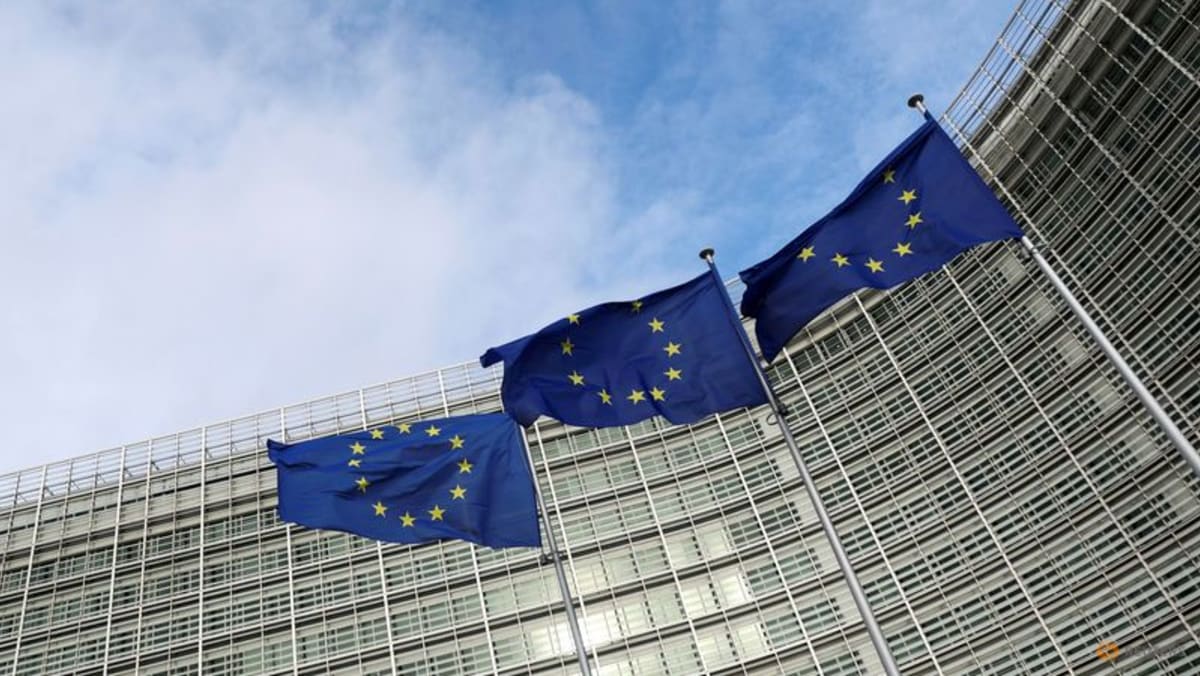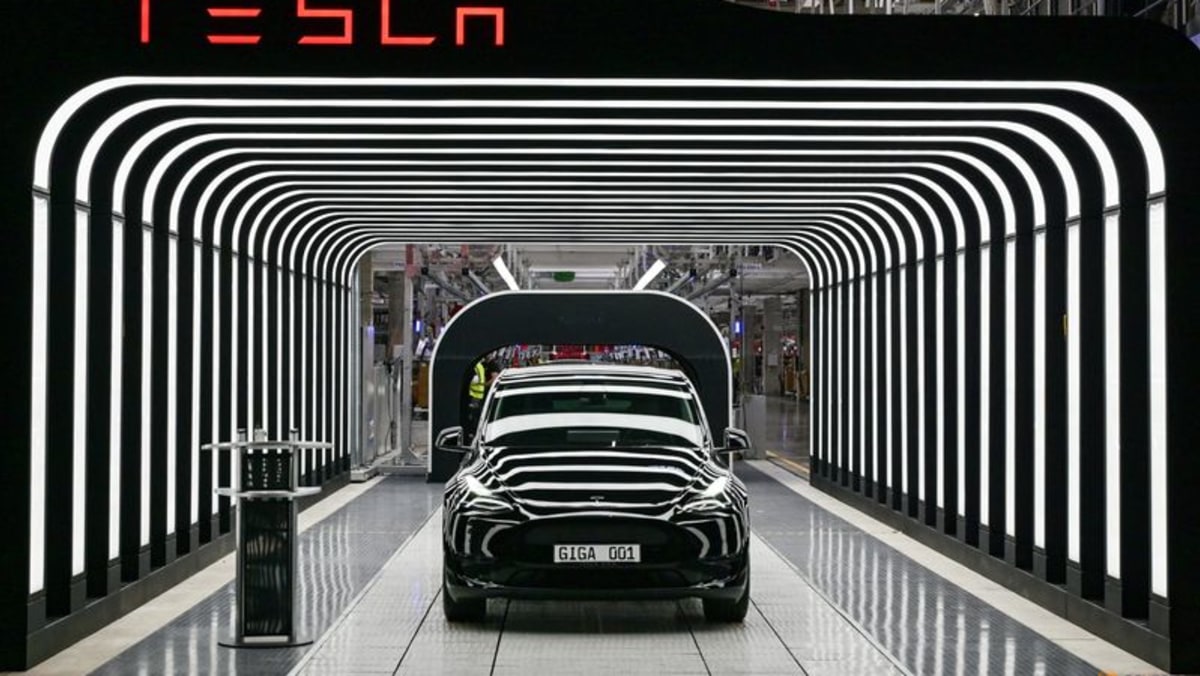Hermes leapfrogged LVMH to become the world’s most valuable luxury company on Tuesday (Apr 15), after shares in the owner of Louis Vuitton tumbled on the back of disappointing first-quarter results.
In a bruising day for the luxury sector in which the companies swapped spots several times, shares in Paris-listed LVMH fell 7.9 per cent, sending the group’s market capitalisation down to €246.5 billion (US$280 billion; S$368 billion). That is its lowest level since November 2020.
Shares in Hermes, the maker of Birkin and Kelly bags, ended the day little changed, giving it a market capitalisation of €248.1 billion.
The luxury industry has struggled following a boom in the COVID-19 pandemic as middle-class consumers rein in spending and China’s economy falters, factors that are now being compounded by US President Donald Trump’s aggressive trade war.
LVMH’s first-quarter results, released late on Monday (Apr 14), showed that sales in its crucial fashion and leather goods division fell 5 per cent, far short of analysts’ expectation of 1 per cent growth.
By contrast, Hermes’ ultra-wealthy client base, carefully calibrated exclusivity and tightly controlled production have enabled it to weather the recent slowdown better than its rivals.
However, other luxury stocks were hit harder on Tuesday, with Prada falling 4.2 per cent and Kering declining by 4.8 per cent. Shares in L’Oreal and Puig also fell after LVMH’s results hinted at a broader slowdown in beauty.
Hermes has been steadily closing the gap in market value with LVMH. Its customers are prepared to sit on a waiting list for months, sometimes years, to get their hands on one of the group’s coveted Kelly bags, which sell for upwards of €8,000. Hermes bags often fetch even higher prices in the resale market.
That exclusivity is reflected in the company’s valuation. Shares in Hermes trade at 50 times forward earnings, a much higher multiple than any other name in luxury.
“Hermes arguably enjoys the highest pricing power . . . due to its unparalleled brand desirability,” said Carole Madjo, an analyst at Barclays, who added that Hermes would not need to increase prices as much as rivals to offset the impact of Trump’s tariffs on its profit margins.
LVMH’s chief executive and chair, the French billionaire Bernard Arnault, has built the group into one spanning more than 80 brands, producing handbags, jewellery and high-end spirits.
Hermes, by contrast, has remained a single brand group. In 2010, Arnault secretly amassed a stake in the company, in the hope of bringing it into his stable, only to have his advances rebuffed by the Hermes board.
The turmoil in the wider luxury industry comes as Trump has launched sweeping “reciprocal” tariffs on dozens of trading partners, a move that has convulsed markets and shaken US consumer confidence.
Earlier this month, the US president announced 20 per cent levies on goods imported from the EU. That rate was later reduced to 10 per cent as part of a 90-day pause on the steepest tariffs. Tariffs between the US and China are well above 100 per cent, raising fears over a global recession.
The tariffs, which were more aggressive than had been widely expected, led analysts at Bernstein and HSBC last week to slash their expectations for a luxury recovery in the second half of the year.
Citigroup analyst Thomas Chauvet said that because of the economic uncertainty generated by Trump’s tariffs, “it is difficult to build a credible scenario” in which revenues at LVMH and in the luxury sector overall improved in the coming quarters.
Adrienne Klasa © 2025 The Financial Times.
This article originally appeared in The Financial Times.
